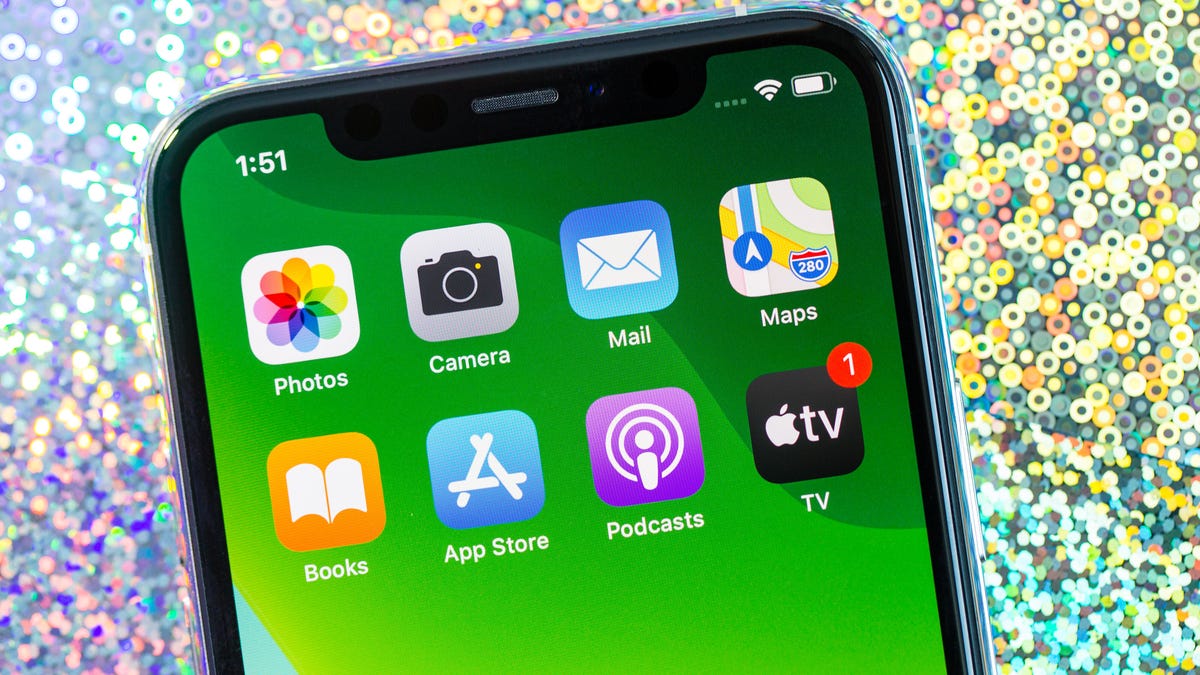Apple rejects coronavirus apps not from a 'recognized institution,' report says
Developers tell CNBC that Apple is trying to stop bad information.

Apple is reportedly rejecting apps related to the coronavirus outbreak.
Apple is reportedly cracking down on apps related to the coronavirus outbreak, banning apps that don't originate from a "recognized institution" like governments or hospitals. The move is apparently aimed at stemming the flow of misinformation surrounding the illness.
Four developers told CNBC that Apple rejected apps that would've displayed stats about which countries have confirmed cases of the COVID-19 coronavirus. Some of the applications used data from sources like the World Health Organization.
One developer told the network that an Apple employee said anything related to coronavirus must be released by an official health organization or government. Another developer said Apple sent a written response saying "apps with information about current medical information need to be submitted by a recognized institution."
Coronavirus updates
Apple isn't the only tech company that wants to crack down on coronavirus misinformation. Facebook said in February that it would ban ads that mention a cure or preventative measures for the disease.
Discovered in December in China, the coronavirus has spread globally, so far killing about 3,350 people and infecting around 98,000. The WHO has stopped short of calling this a pandemic but has declared COVID-19 a "public health emergency of international concern."
The outbreak isn't only negatively impacting health but has increased the volatility in stock markets and stoked fears of economic collapse. A number of high-profile tech giants, including Apple and Samsung, have been hit hard by supply chain issues in China and a slowdown in manufacturing and purchasing. Social media networks, like Facebook and Twitter, have wrestled with the spread of misinformation and taken steps to mitigate the rise of conspiracy theories and panic.
Apple didn't immediately respond to a request for comment.

